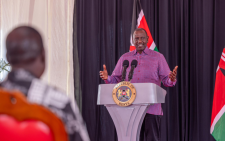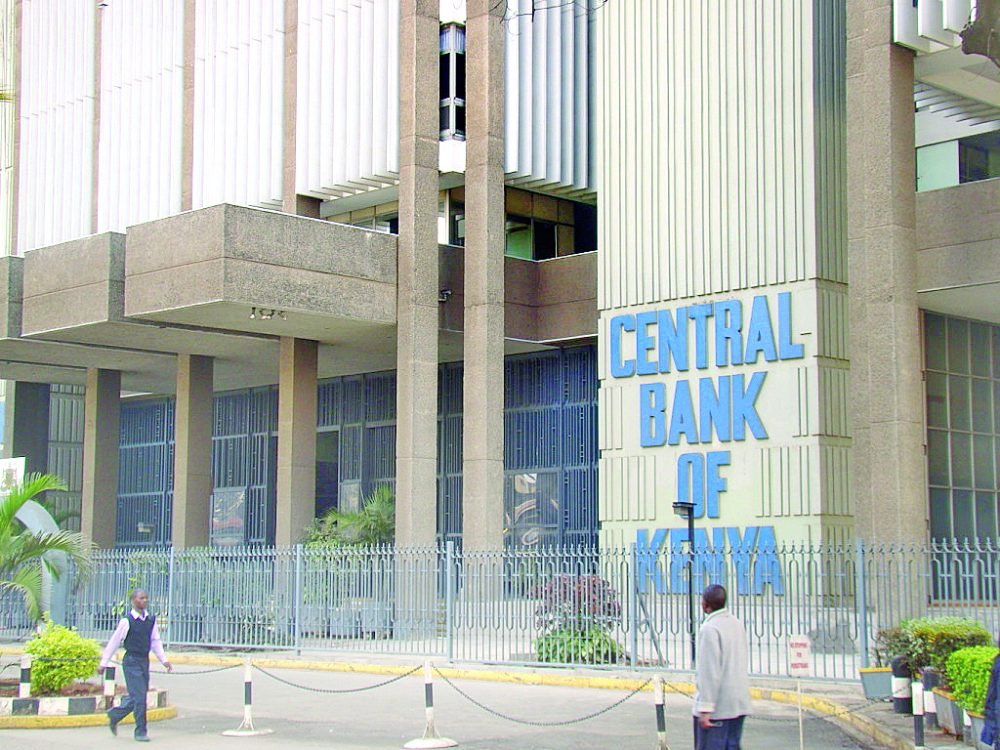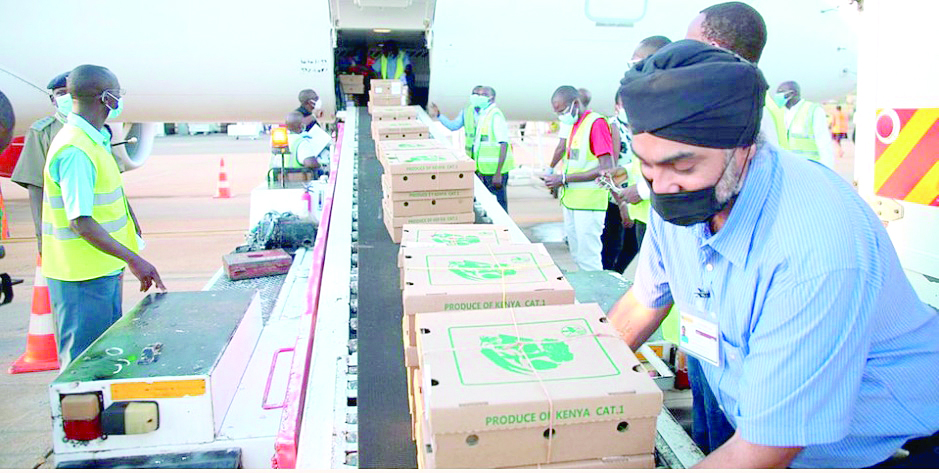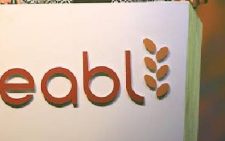Lobby which fought for tea reforms now turns focus on coffee

Kenya Tea Sector Lobby, the group which fought for reforms in the tea sector has submitted proposals to the Coffee Bill 2020. Top among the proposals are reduction of milling fees and capping of milling losses.
Priding on its success in pushing for reforms in the tea sector, the lobby believes that the proposals if implemented will be a huge leap to the industry that is now on its deathbed.
Through their chairperson Irungu Nyakera, the lobby said the proposals will streamline coffee value chain in production, processing and marketing.
“From our experience in the Tea sector,below are highlights of some major proposed reforms to the Coffee sector and the reasons we fully support them,” says Nyakera.
You May Also Want To Read:
The Coffee Bill 2020 has proposed a direct settlement system(DSS) for a flawless flow of coffee revenue from the sale point to the farmer. The system, they say is transparent as it accounts for all revenue generated from coffee sales. They believe the system will save farmers up to Sh0.5 billion paid to marketing agents for “just handling farmer’s cash”.
For sales, the bill has proposed a total auctioning of coffee or managing direct sales at auction to ensure berries fetch higher prices.
Also, the bill called for outlawing of marketing agents and millers who lend to farmers, accusing them of exploiting growers by charging them exorbitant loan interests.
Further, the bill has proposed for cooperative societies to be banned from taking loans secured on farmers assets saying mismanagement of the loans puts farmers at risk.
The bill also calls for the independence of cooperative societies and annual appointment of marketing agents and millers by farmers.
The tea lobby has recommended amendments to the bill saying the changes will be good for the farmer and the economy. Top among them is reduction and capping of milling fee from USD40 per ton to USD20.
To limit conflicts of interest and underhand dealings, marketing agents or their proxies should not be allowed to mill, broker or buy coffee. The lobby has also recommended reduction of marketing agency fees from 2.5 percent to 1.0 percent.
The lobby also proposed the banning of millers, buyers, brokers and marketing agents from sitting at the Nairobi Coffee Exchange to allow a transparent auction.












